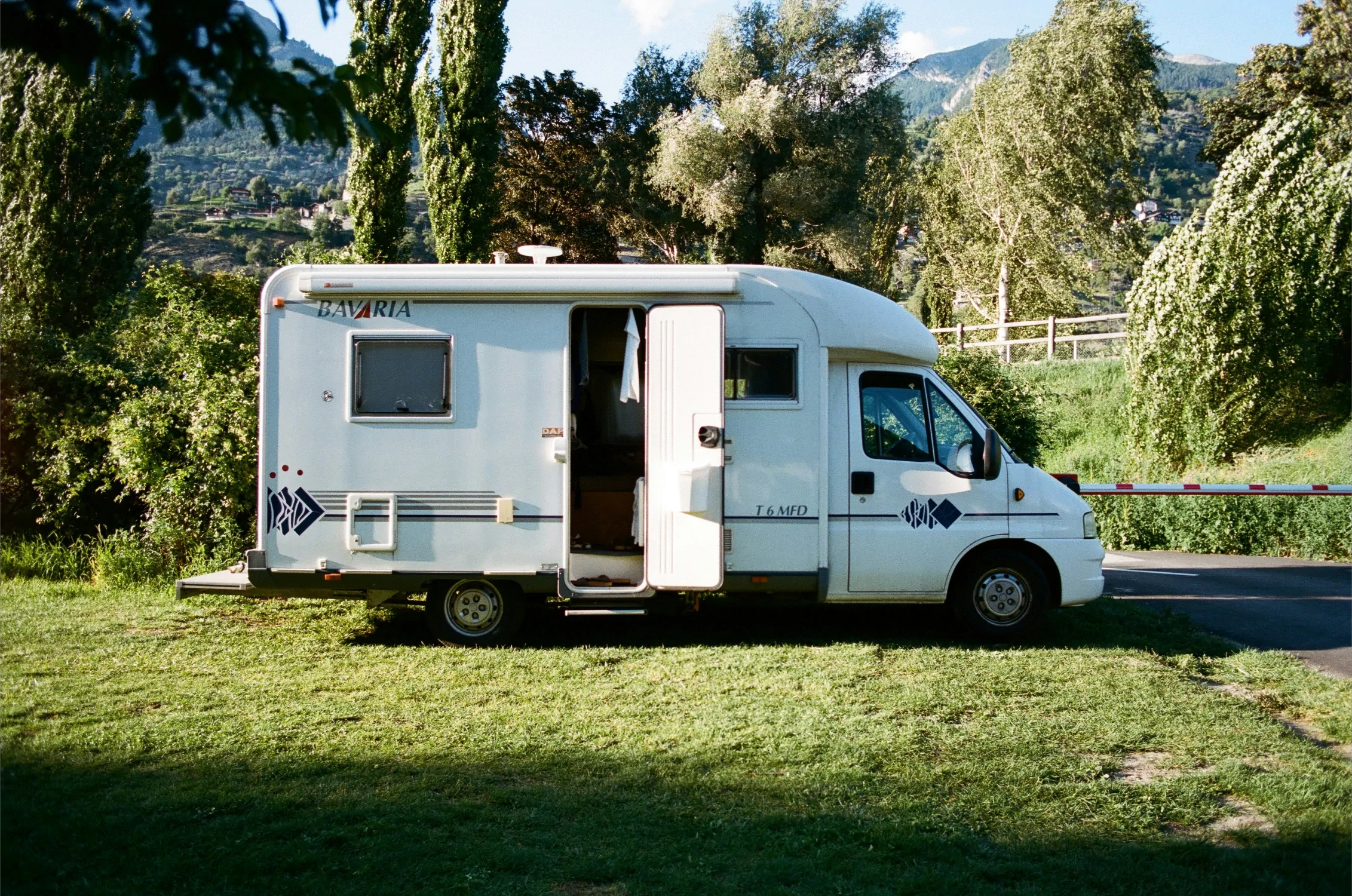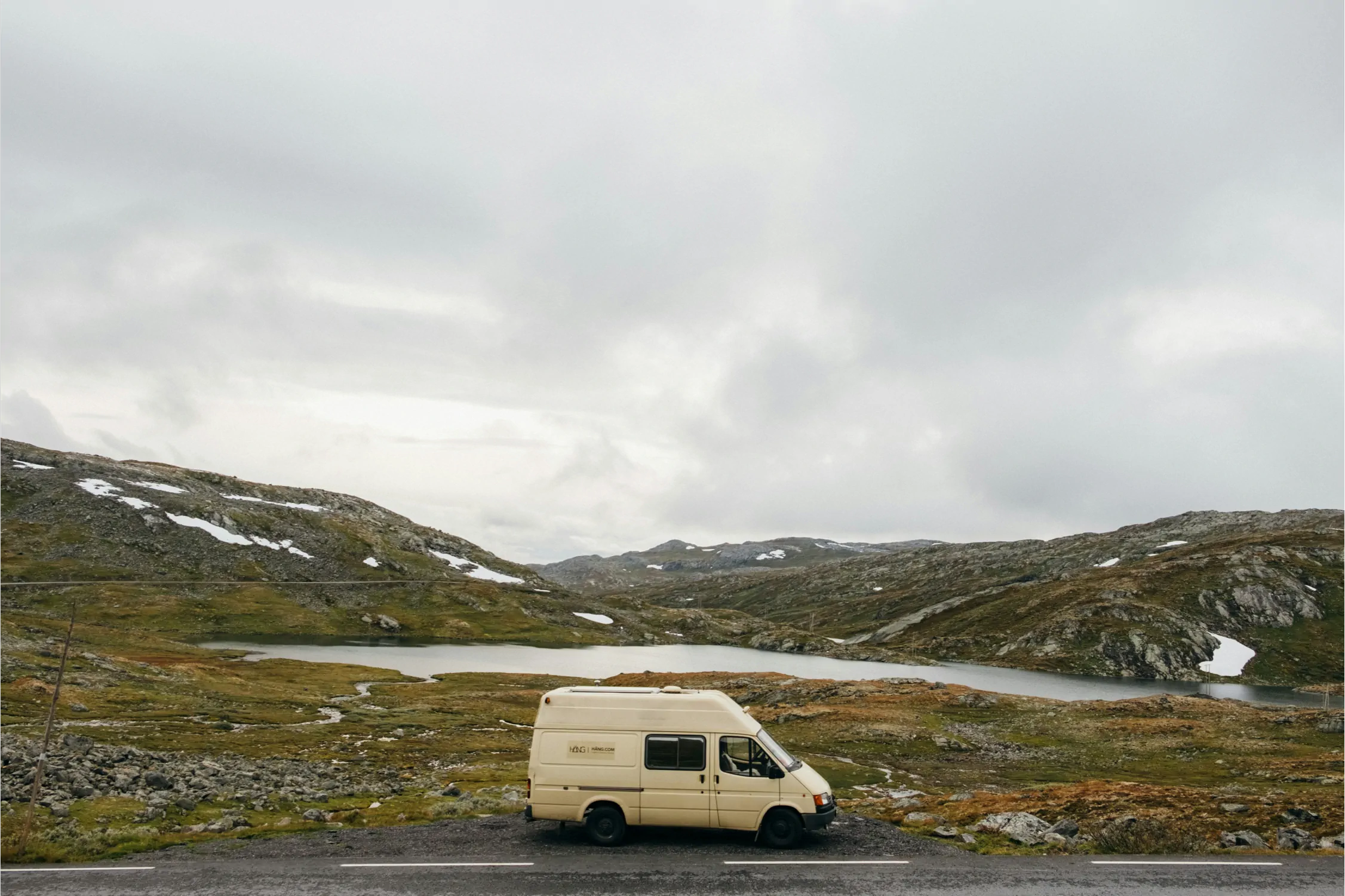Can You Camp for Free in NZ, Where It Is Legal and Safe
Free camping is still possible across Aotearoa if you understand the types of land that allow it, meet self-contained standards, and follow an etiquette checklist that keeps local communities happy.

Free camping in New Zealand means staying overnight without paying a campsite fee in locations authorised by the Freedom Camping Act, council bylaws, DOC concessions, or private owners. It never overrides posted signage.
Is free camping legal in NZ?
Yes. Where it is permitted. The Freedom Camping Act 2011 allows freedom camping on public land except where prohibited or restricted by local bylaws or DOC rules. Always read signs on arrival; signage overrides any app.
Self-contained vehicle requirement
Most councils require a certified self-contained (CSC) vehicle (fixed toilet) for freedom camping in their districts. Under changes rolling out to 2026, older blue certifications are valid only until expiry or 7 June 2026. After that you’ll need the green CSC warrant for restricted areas. Non-CSC camping is allowed only in limited zones or well away from roads (e.g., tramping contexts). Always check local rules.
Enforcement and penalties
Unlawful freedom camping typically incurs a $400 infringement. Serious waste offences can be higher, and a court can impose larger penalties. To avoid fines: follow signs, use official dump stations, and choose legal sites in KiwiCamping.
“Freedom” vs “free”
“Freedom camping” describes location (outside formal campgrounds), not cost. Some authorised sites are free; others charge a small fee or require permits. KiwiCamping labels both and links to any permit/fee pages.
Official sources
See the NZ Government’s overview on freedom camping and DOC’s guidance for freedom camping on conservation land. Use the PGDB/NZSCV resources to verify self-containment certification.
Types of places that allow free camping
Public reserves specifically marked for freedom camping are the most reliable spots. Councils publish lists that KiwiCamping syncs, letting you browse by region and vehicle type. DOC also operates a handful of basic campsites that cost nothing; look for “standard” or “basic” DOC sites with a $0 fee tag in the app.
Some communities provide designated car parks, gravel lay-bys, or showgrounds where self-contained vehicles can stay for one or two nights. KiwiCamping labels these as “council-managed” with notes on opening seasons.
Private invitations, such as using a friend’s paddock, count as free camping too, but always obtain written permission. Never assume that remote farmland or forestry roads are fair game.
Typical restrictions and enforcement
Expect stay limits of 1–2 nights and arrival windows between 6pm and 9am. Noise curfews often apply. Councils like Queenstown-Lakes, Tauranga, and Kaikōura run evening and dawn patrols to check certification and signage compliance.
Fines range from $200 to $400. Repeat offenders risk towing. The regional rules guide explains the main hotspots, and KiwiCamping pushes notifications if a council changes enforcement intensity.
Always read the local bylaw snippet within KiwiCamping. If the app notes “no overnight camping” or “permit required,” treat it seriously. Permits are usually free but must be applied for ahead of time.
Safety, etiquette, and noise rules
Free camping relies on trust. Keep vehicles discreet, arrive late, leave early, and avoid deploying awnings or spreading gear beyond your footprint unless signage allows it. Use KiwiCamping’s dump station filter to empty waste before arriving; lingering greywater odours quickly trigger complaints.
Stick to small groups. Two vehicles are usually the maximum at urban freedom spots. Rotate destinations. If you stay somewhere longer than allowed, neighbours will escalate to council compliance teams.
Respect mana whenua and local communities. If kaumātua or residents ask you to move on, do so respectfully and update the app listing so others learn from it.
How to verify legality before parking
Follow this quick sequence before you power down the engine:
- Open KiwiCamping and filter for “Free” or “Freedom camping” sites. Save the spot to your trip plan.
- Read the bylaw excerpt and note stay limits, certification requirements, and curfews.
- Arrive before dark, check signage, and compare it to the app listing. Photograph the sign for future reference.
- Log a field note inside KiwiCamping if conditions have changed so the community and councils can update the rules.
If anything looks uncertain, proceed to a nearby DOC campsite or holiday park. Use our booking guide to grab a powered site as a backup plan.

Free camping FAQ
- Is free camping allowed everywhere in New Zealand?
- No. Only locations listed in council bylaws, DOC sites, or privately permitted land allow it. Always check the KiwiCamping listing and signage.
- Where can I empty waste after a free night?
- Use a council or holiday park dump station. Our dump station guide lists etiquette and open hours.
- What if a freedom site is full?
- Move on. Overcrowding leads councils to close sites. Save backups in KiwiCamping or pivot to a low-cost DOC campsite.
Related reading: Freedom camping rules ↗ · Best camping apps ↗ · Holiday park booking guide ↗